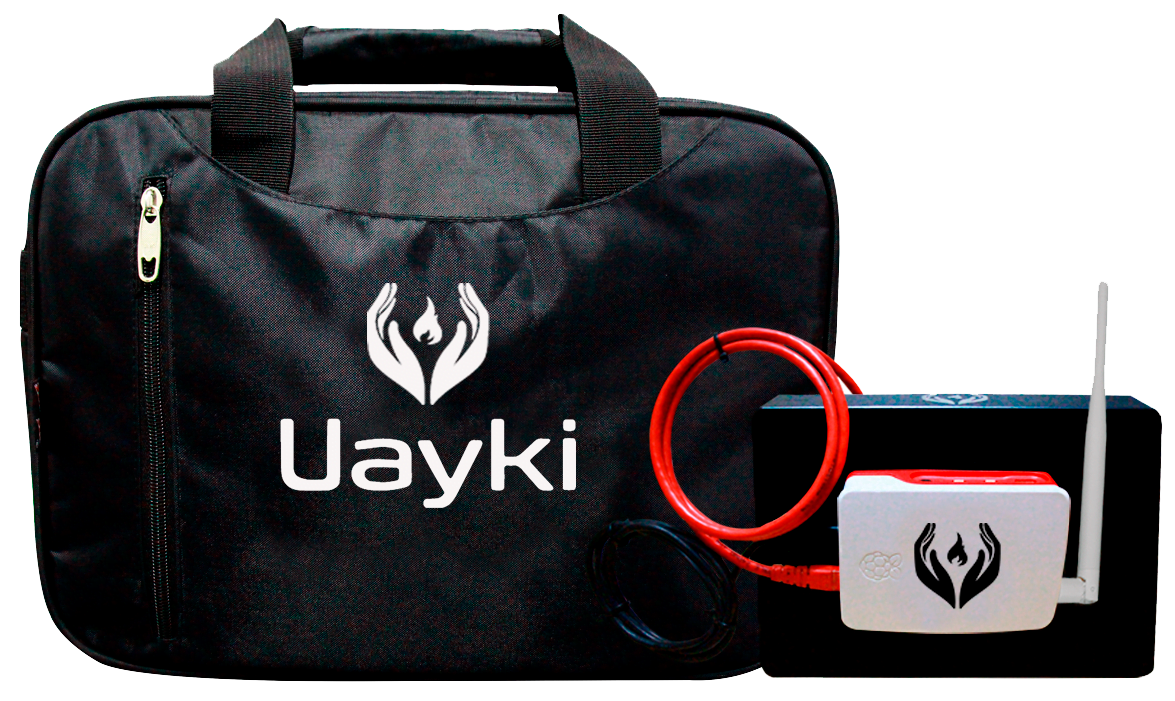
Us

Learn more
about us
Our
Objective
How do we achieve this?
Our
Purpose
Our
work team
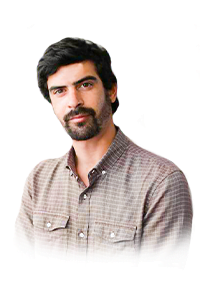
Karim Rifai Burneo
CEO & Founder

Jose Lázaro Castillo
Operations Manager
Administration

Angela Adrocich
Coordinadora
Administrativa

Edith De La Cruz
Asistente
Contable
Commercial
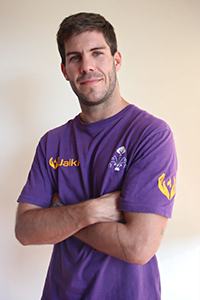
Esteban Loret de Mola
Gestor
Comercial
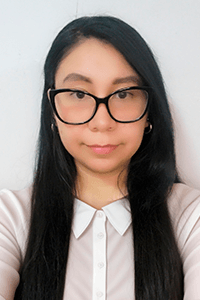
Hilary Navarro
Asiste
Comercial
Planning and Alliances

Cayetana Castro
Gestor De Alianzas & Legal

Rory Phimister
Alianzas
Internacionales
Contents
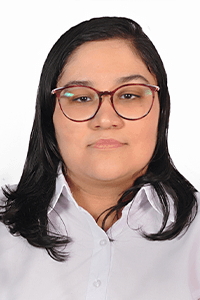
Alicia Conejo Bernal
Gestor de
Contenidos

Cristina Chapilliquen
Gestor de
Contenidos
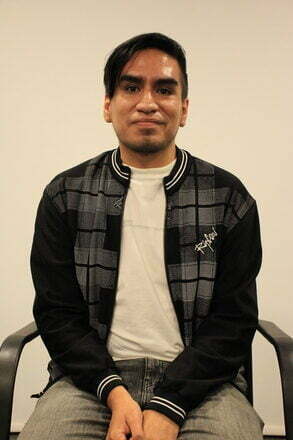
Carlos Cornejo Bernal
Gestor De
Contenidos
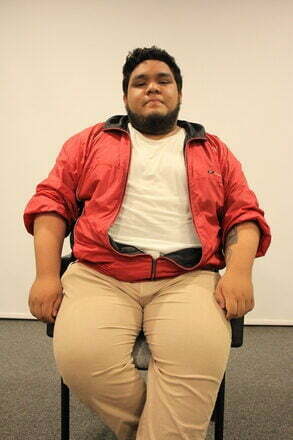
Renato La Madrid
Gestor De
Contenidos
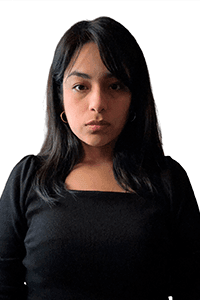
Katia Karol Lopez Huaraca
Gestor de
Contenidos
Marketing

Alejandra Arbulú
Coordinadora
de Marketing
Software Development

ERnesto Caudros
Desarrollador de Software

Melvin Gómez
Desarrollador de
Software

Juan Antonio Leon
Desarrollador de
Software

Oliver Jauregui
Desarrollador de Software
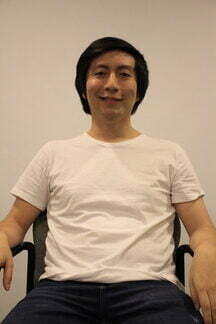
Edinson Cotrina
Desarrollador De
Software

Carlos Leon Huatuco
Desarrollador de Software
OUR
HISTORY

Karim Rifai Burneo, founded the Uayki project in Cambridge, Massachusetts under the guidance of his mentor, Richard Rowe Phd (former dean of the faculty of education at Harvard University, former president of the One Laptop Per Child global initiative and current leader of the Open learning Exchange (OLE) foundation).
Karim, who specializes in economics and business with a focus on promoting social and economic development in emerging countries, began the second stage of research needed before starting the innovation process to create the Uayki System.

Karim Rifai Burneo returns to Peru to begin the recruitment process of his team. He starts with the technological development of the first version of the Uayki system (Hardware & Software).

Uayki implements its first pilot program in the community of Tambohuaylla (Lares, Cusco). Building the virtual classroom Uayki - Yachay Wasi and installing the system for the benefit of the community and the local school.

Taking advantage of the pilot program, the technology team began to implement improvements in the UX-UI, expanded the range of content and learning categories, as well as developed new functionalities and platforms to get the most out of the Uayki System.

The Uayki team and its founder were special guest speakers at the GOISE - Digital Cajamarca 2019, promoted by the regional governments and the presidency of Peru to promote digitalization and decentralization in the country.
Uayki and Karim were invited to be keynote speakers at the international event Virtual Educa 2019 (Lima, Peru).
New programs were initiated in partnership with the government and private sector, while in parallel the technological development of the Uayki System continued.

The Presidency of the Council of Ministers of Peru (PCM), promotes Uayki's Bicentennial Plan with the objective of connecting (500) strategic points at national level, being the only private initiative appearing in the central government's GEOPERÚ viewer (visor.geoperu.gob.pe).
Uayki adapted its connectivity system in response to the educational crisis caused by Covid-19 and implemented with the Peruvian Ministry of Education (MINEDU) and the Regional Government of Apurimac a successful pilot program that allowed the local population to continue their education and development through free access to the digital era.

The Peruvian Congress gives national recognition to the Uayki team and its founder Karim Rifai Burneo for their contribution to the nation.
The Uayki Foundation begins with the donation campaign Rally Bicentenario - Conecta Peru, installing the Uayki System for the benefit of different communities throughout Peru.

With the help of the United Nations and USAID, Uayki expands to Guatemala, this being its first international project, achieving the expected objectives 2 months before the culmination of the pilot program. It aims to replicate the project over the next 2 years in a large number of communities within Guatemala, El Salvador and Honduras.
Likewise, Uayki continues to implement new connectivity points throughout Peru in alliance with the private sector in order to promote development in different regions without reliable internet access.
Together, let's donate the Uayki System to connect underserved communities to better opportunities
